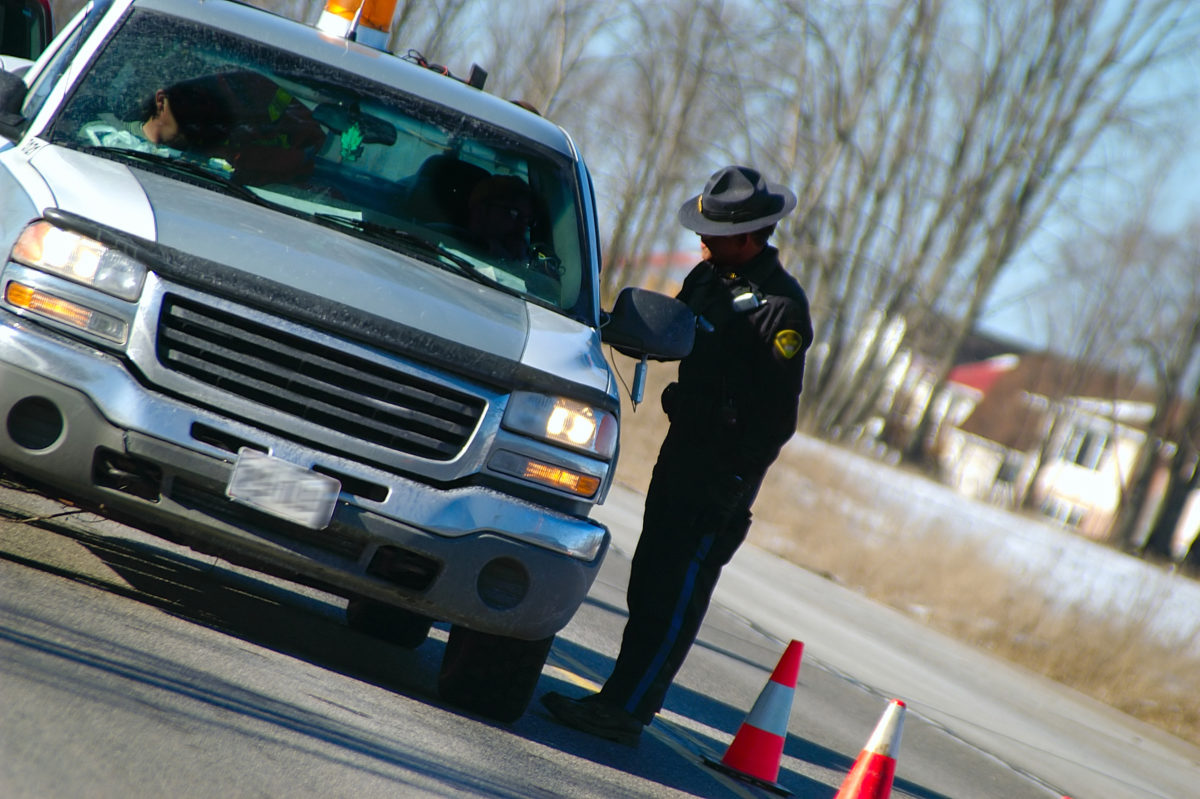Anyone who drives while using drugs, either legal or illegal, can be arrested for driving under the influence of drugs (DUID). In California, DUID is prosecuted in much the same manner as DUI arrests involving alcohol. Because DUID is a serious charge with substantial repercussions, it’s imperative to have excellent legal counsel. A California DUI attorney experienced in defending DUID cases will aggressively fight the charges, and keep negative consequences to a minimum.
Definition
The crucial point in any California DUID case is whether or not the accused motorist meets the legal definition of being under the influence. In a DUID case, “under the influence” is defined as unable to operate a vehicle with the same caution characteristic of a sober person, of ordinary prudence, under the same or similar circumstances.
It does not matter if the drug taken is legal or illegal. It doesn’t matter if the drug is prescribed or not – even taking over-the-counter cold medicine can result in a DUID case. The only question is whether the legal definition of driving under the influence of drugs is satisfied.
Unlike drunk-driving cases, there is no “legal limit” when it comes to driving under the influence of drugs in California. The sole question is whether the driver is impaired due to the “level of drugs” that were found in their system when their blood was drawn. In fact, it is often difficult for the prosecution to establish what “level” of a particular drug will make one “legally impaired”. This is why it is a very good reason to retain a law firm that has years of experience in defending people accused of “driving under the influence of drugs.”
Prosecution
Like drunk-driving cases, DUID is proven through circumstantial evidence. Prosecutors introduce evidence of the motorist’s driving pattern, appearance, performance on field sobriety tests, and chemical test results. In DUI cases involving alcohol, California’s Implied Consent Law authorizes a choice between blood or breath tests; in a case where driving under the influence of drugs is suspected, the arrestee’s choice is between a blood or urine test. Urine testing is so unreliable that it is not an option in a drunk-driving investigation, but is an acceptable test for drugs.
Urine testing is inherently unfair in a DUID case because of the amount of time required for different drugs to be eliminated by the body. For example, many stimulants are eliminated by the body in a relatively short period of time, while marijuana can remain in the system for days. Because certain drugs like marijuana remain in the body for a long time, an individual could smoke marijuana on a Saturday and be arrested for DUID on a Tuesday, long after the drug’s effects had worn off.
Police who initially suspect a driver of being under the influence of alcohol sometimes change their focus to driving under the influence of drugs when a breath test shows a blood alcohol content (BAC) of less than .08 percent. Several law enforcement agencies have a protocol where a drug evaluation will be undertaken when breath alcohol results in a reading of .05 percent or less. Rather than concluding that they must have been wrong about the motorist being impaired, police will then examine the blood or urine test for drugs.
DUID cases often are investigated by officers who have received training as Drug Recognition Evaluators, or DREs. However, whether or not these officers qualify as drug recognition experts is a matter of debate. DREs will investigate the arrestee for drug impairment by checking pupil size, blood pressure, pulse rate, and other measurements. The officer will examine the driver’s arms and other common sites for injection. The DRE will seek damaging admissions or confessions of drug use. Field sobriety tests may be given again in a controlled and well-lit environment, unlike the usual roadside field sobriety tests. The officer’s observations likely will be used to provide probable cause for arrest as well as evidence for a court case.
Defenses
However, there are many possible explanations for the so-called signs and symptoms of drug use. Illness, injury, fatigue, and nervousness can all give drivers the appearance of drug intoxication. Because the symptoms of driving under the influence of drugs are so ambiguous, and urine tests so unreliable, it is vital to consult with an attorney who is experienced in defending DUID cases. Wallin & Klarich has over 30 years of experience defending against DUID charges. Our criminal defense law firm will thoroughly examine your case and investigate the legitimacy of evidence being held against you. To learn more about how we can build you a strong defense in your DUI or criminal case, contact Wallin & Klarich today at (877) 466-5245.



